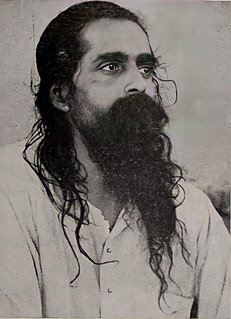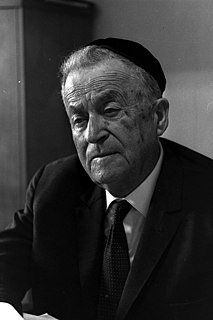A Quote by Hershel Shanks
At McCormick Theological Seminary I had to take Hebrew, so I began to read prophetic poetry, and suddenly it became the life I wanted to spend.
Related Quotes
I served for 42 years on the board of trustees of the largest Presbyterian seminary, Princeton Theological Seminary, and we had brilliant people - teachers and students both-but they did not come up with many new concepts. They weren't invited to come up with new concepts. Anybody who had come up with a new concept would have been under suspicion for being out of step with the tradition or out of step with the teachings of the church.
Manly natural religion - it is not joining the Church; it is not to believe in a creed, Hebrew, Protestant, Catholic, Trinitarian, Unitarian, Nothingarian. It is not to keep Sunday idle; to attend meetings; to be wet with water; to read the Bible; to offer prayers in words; to take bread and wine in the meeting house; love a scape-goat Jesus, or any other theological clap-trap.
We take it for granted that Jesus was not interested in political life: his mission was purely religious. Indeed we have witnessed . . . the 'iconization' of the life of Jesus: 'This is a Jesus of hieratic, stereotyped gestures, all representing theological themes. In this way, the life of Jesus is no longer a human life, submerged in history, but a theological life -- an icon.
in order to confer their lost Nationality upon exiled Jews , the British with the help of the League of Nations began to rehabilitate the old Hebrew country, Palestine, with its long lost children. The Jews had maintained their race, religion, culture and language; and all they wanted was their natural territory to complete their Nationality. The reconstruction of the Hebrew Nation on Palestine is just an affirmation of the fact that Country, Race, Religion, Culture and Language must exist unequivocally together to form the Nation idea.
I know, I feel, that with the introduction of tobacco England woke up from a long sleep. Suddenly a new zest had been given to life. The glory of existence became a thing to speak of. Men who had hitherto only concerned themselves with the narrow things of home put a pipe into their mouths and became philosophers.



































